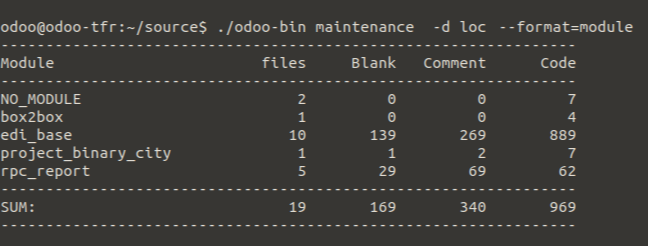A successful ERP implementation is like a relationship.
Why Can Technical Debt Drag Your Company Down?
Technical debt can quickly snowball out of control. Year after year, it can accumulate, and abstractions can become ever more entangled. Inheriting technical debt is a vicious cycle. For example, companies will rack up technical debt because they are stuck in an old version of the software, but they're stuck on that old version because the technical debt load makes it too cost-prohibitive to upgrade to a newer version. In addition, it might be a project that no one has time for, or doesn't want to start, because it seems overwhelming.
At the start of the relationship, it's very easy to overlook these important considerations and start writing custom code to appease the demands of your new, paying customer. The customer wants the software to work exactly as they envision it, and the implementation team wants to make the customer happy in the short term. Also, quantifying technical debt is difficult to do, so bringing up technical debt and the added costs with your new customer can be a difficult conversation. It's usually easier to put it off, and ignore it until it becomes a problem.
This is a very bad idea!
Remember, this is not what makes a successful partnership: we need to communicate! When these debts are overlooked, they lead to unwanted surprises, such as unforeseen expenses and delays. Eventually, they can jeopardize the whole marriage!
What's the Solution?
Odoo provides a maintenance service that ensures our customers don't get blindsided by technical debt. To do this, we provide a unit of measure to project costs of maintaining custom code (pre-marriage), and we also provide the technical services to deliver this maintenance. This is our way of ensuring we remain honest, transparent, and communicative.
To gain access to these services, Odoo has introduced Standard Maintenance Contracts. These contracts act as insurance for you, so you don't have to worry about unwanted surprises associated with technical debt any longer. A maintenance contract is an agreement between you and Odoo, stating that we will cover any support, bug fixes, and upgrades of any custom code you wish to install in your Odoo environment.
Pricing
In exchange for this service, we charge affordable monthly installments. Here are the rates per region:
Europe/Oceania 16€ / 100 lines of code Spain/Eastern Europe 12€ / 100 lines of code North America/Oceania $18 / 100 lines of code Africa/Asia $6 / 100 lines of code HK/ Middle East $12 / 100 lines of code
As for keeping tabs and projecting your maintenance expenses each month: you can audit from the server, customer portal, or by contacting us directly for assistance.

You don't ever have to be stuck with old versions of software, or inadequate support, ever again! Your company, large or small, needs guarantees like that, so you can plan for the future. Maintenance contracts will make your implementation more successful in the long-run, and also increase your overall satisfaction.
